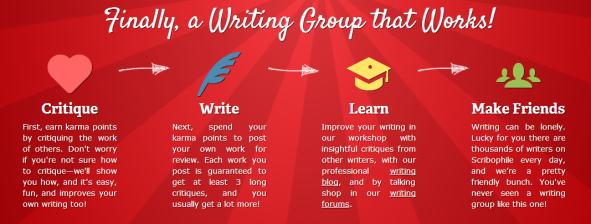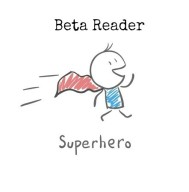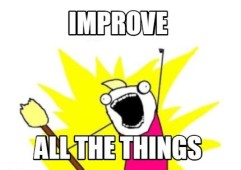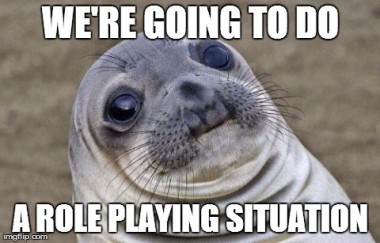 Now that I’ve had some minor successes with my beta swap model, I’m ready to bring it back online and share the process. My Role Play – Beta Swap.
Now that I’ve had some minor successes with my beta swap model, I’m ready to bring it back online and share the process. My Role Play – Beta Swap.
By role-playing as agents, publishers, and editors, we learn something in play that we learn otherwise only by making publishing mistakes.
 Most new writers make these mistakes, and it’s normal. It’s also one of the things that makes successful publishing such a slow process.
Most new writers make these mistakes, and it’s normal. It’s also one of the things that makes successful publishing such a slow process.
If you’re like me, you don’t want to spend a second of writing time wasting anyone else’s time.
Our mistakes = the slush pile. Rejections.
Self-publishers’ mistakes become the reason it’s so hard to stand out among the sea of other self-published mistakes.
So how do we make it easy for agents to make that full manuscript request, to believe in us and advocate for us?
How can we make it easy for buyers to say yes to our stories? How do we keep their interest and earn positive reviews?
Practice.
Better yet, smart practice.
- Critique Groups. Sharing early and final drafts with other writers puts extra eyes on every page. Whether online or in real life, critique groups can help writers become more professional by offering motivation, group deadlines, and regular feedback throughout the writing process. My favorite site for this is Scribophile.com, but I found my truest teammates in The Ubergroup.

- Conferences. Networking with industry professionals and other writers at conferences that suit your genre or publishing interest.

- Workshops and Classes. Growing craft deliberately with feedback.

- Agent and Market Research. Understanding your story advocates by staying up to date with industry websites, blogs, and interviews.
But how do we decide that our story is ready to submit?
 The Beta Reader. They read our fresh-faced revisions and give us their reactions, their reflections, their thumbs up or down.
The Beta Reader. They read our fresh-faced revisions and give us their reactions, their reflections, their thumbs up or down.
What if that’s not all we want to learn?
And how do we take beta reactions and turn them into something useful?
How do we turn feedback into something that steers our craft in a positive direction, so we don’t crash and burn into slush?
It’s rough and silly, but it’s just the beginning.
I’m not implying that agents or slush readers sit around their offices with a grading rubric like ours.
I am implying that there are tendencies in the professional publishing world that create a thought matrix that sorts our submissions based on the professionals’ experience and instinct, and we, as role-players, can tap into that matrix.
Once we do, we can find out how our stories and craft measure up against industry standards. We can plan our growth, and we can improve our stories alongside our craft.
 Beyond that, a role-play beta swap offers a deeper understanding of where we are in our craft now and what we should be working on next.
Beyond that, a role-play beta swap offers a deeper understanding of where we are in our craft now and what we should be working on next.
Since all beta readers won’t be equally-equipped to give feedback on craft techniques or genre requirements, by applying the role-play rubric, a reader can provide some numerical evidence to clue the writer into those reactions and compare their beta feedback in a quasi-qualitative manner.
 Role play swaps are now open for applications on Reddit and Betabooks.co, and I’ll be sharing more about the process over the next few months as more writers participate. If you’re interested in joining up or learning more, please comment below!
Role play swaps are now open for applications on Reddit and Betabooks.co, and I’ll be sharing more about the process over the next few months as more writers participate. If you’re interested in joining up or learning more, please comment below!
If you are an industry professional and would like to comment or make suggestions or changes to our role-play rubric, please reach out to me @jesscreaden on Twitter.

What a neat idea! I wish you the best with it! 🙂
LikeLike
Reblogged this on writerscritiqueblog.
LikeLike